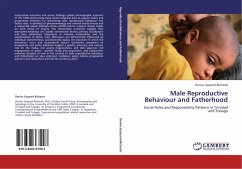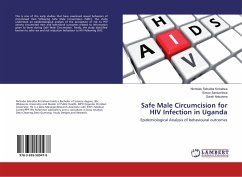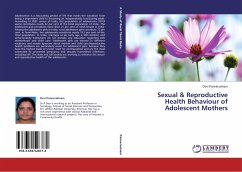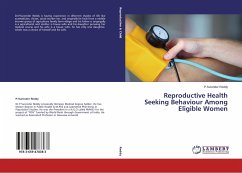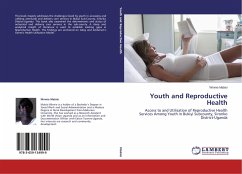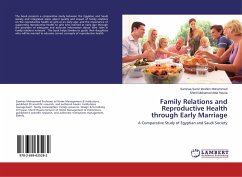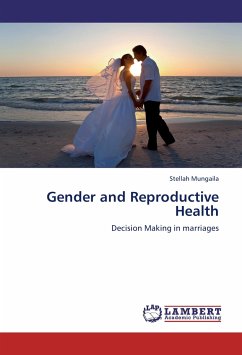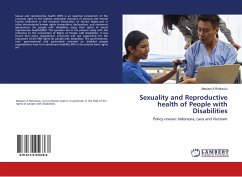Interpretive outcomes and survey findings update ethnographic accounts of the 1950s and provide more recent empirical data to support policy and programme initiatives for influencing male reproductive behaviour and father roles. A synthesis of phenomenology and rational choice theory and a sequential mixed methods QUAL QUAN QUAL research design builds on each phase of inquiry. The interpretive outcomes suggest that associated meanings are socially constructed during primary socialization and later determines behaviours in intimate relationships and the manifestation of father roles. Behaviours are differentially influenced by individual characteristics, socioeconomic status, the situations in which the behaviours occur and sociocultural factors. Qualitative assessment of programme and policy initiatives suggest a greater advocacy and support role for the media, civil society organizations, and state agencies. Full engagement of policy - gender, family and population, and programme initiatives directed at men in the context of male reproductive behaviour and fatherhood are also indicated. Caribbean policy makers, programme planners and researchers will find the contents useful

